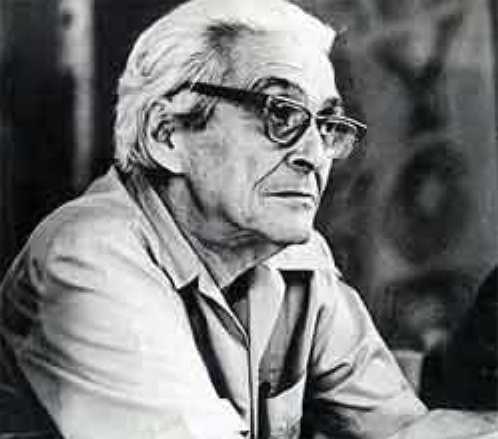4.1.1.19 Lyrical confluences in the poetics of Félix Pita Rodríguez (1909 – 1990)

Félix Pita Rodríguez is one of the most unique poets in the national tradition, perhaps because he was the only one who participated in the discoveries of surrealism, without it dominating his entire poetic approach. He debuted as a poet at an early age and directly in the avant-garde, without being swept away by the remnants of modernism that still inspired an archaic cult on the island.
His foray into the avant-garde was marked by the typical characteristics of experimentation with vocabulary and poetic structure, as well as a tropology associated with the urban and mechanical sphere that did not essentially distinguish him from other poets of the period. However, his pieces already had a certain touch of humor in the aesthetic apprehension of reality that he would fully develop in later stages.
The poet traveled to Paris in the late 1920s, where he became imbued with certain traits of surrealism, but above all, the essential ones in terms of recreating an atmosphere of unreality emanating from the unconscious. He did not fully embrace a creative overflow that neglected aesthetic forms in favor of bringing to the text that experiential burden obliterated from consciousness, which was the poet’s essential being. This, if you will, constitutes a deeper intimacy, but without deliberation.
His poetry stems from a discordance between his ideals and the reality of the world, specifically that of the Republic, which he experienced firsthand. This sense of friction determines a poetics of evasion that seeks a space of authenticity beyond the boundaries of the established, in which the being can pour out all its estrangement and anguish, to which surrealism lent itself, in a certain way, as a poetics of catharsis; although the author did not put this purpose before the lyrical one itself, concomitantly above all with the poetic avant-garde of a certain social nuance.
After the Triumph of the Revolution, Félix Pita’s poetry echoed the great collective transformation that was taking place. To this end, he laid aside his old affiliation and placed his voice at the service of the revolutionary cause and collective impulses. His poetry then took on an emphatic and laudatory tone that made it blend into the lyrical sphere of his surroundings without any great aesthetic discoveries.
However, political and social themes contributed to the fertilization of his poetry once the revolutionary waters had settled. In this regard, the texts from the later stage of his life display a highly aesthetic foundation, permeated by a subtle irony and still witness to his immersions in the unconscious, even beyond his own being, as he delves into collective determinations. The theme of death is also present, stemming from a muted protest that stems from these impulses brought to consciousness and imbued with a notable poetic inspiration.








